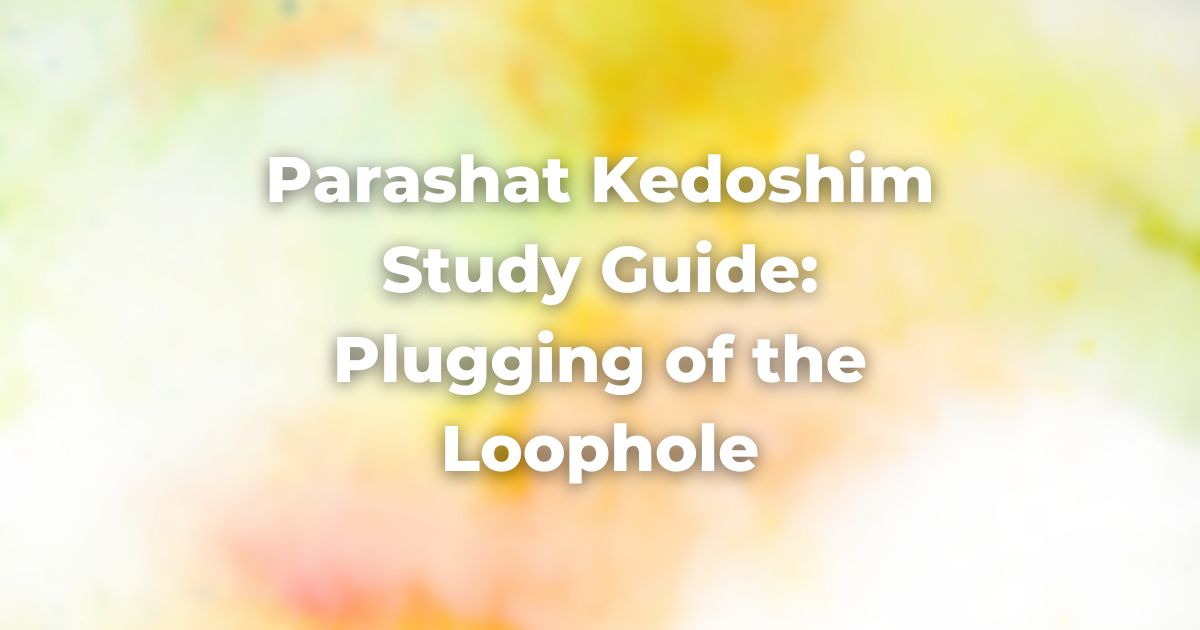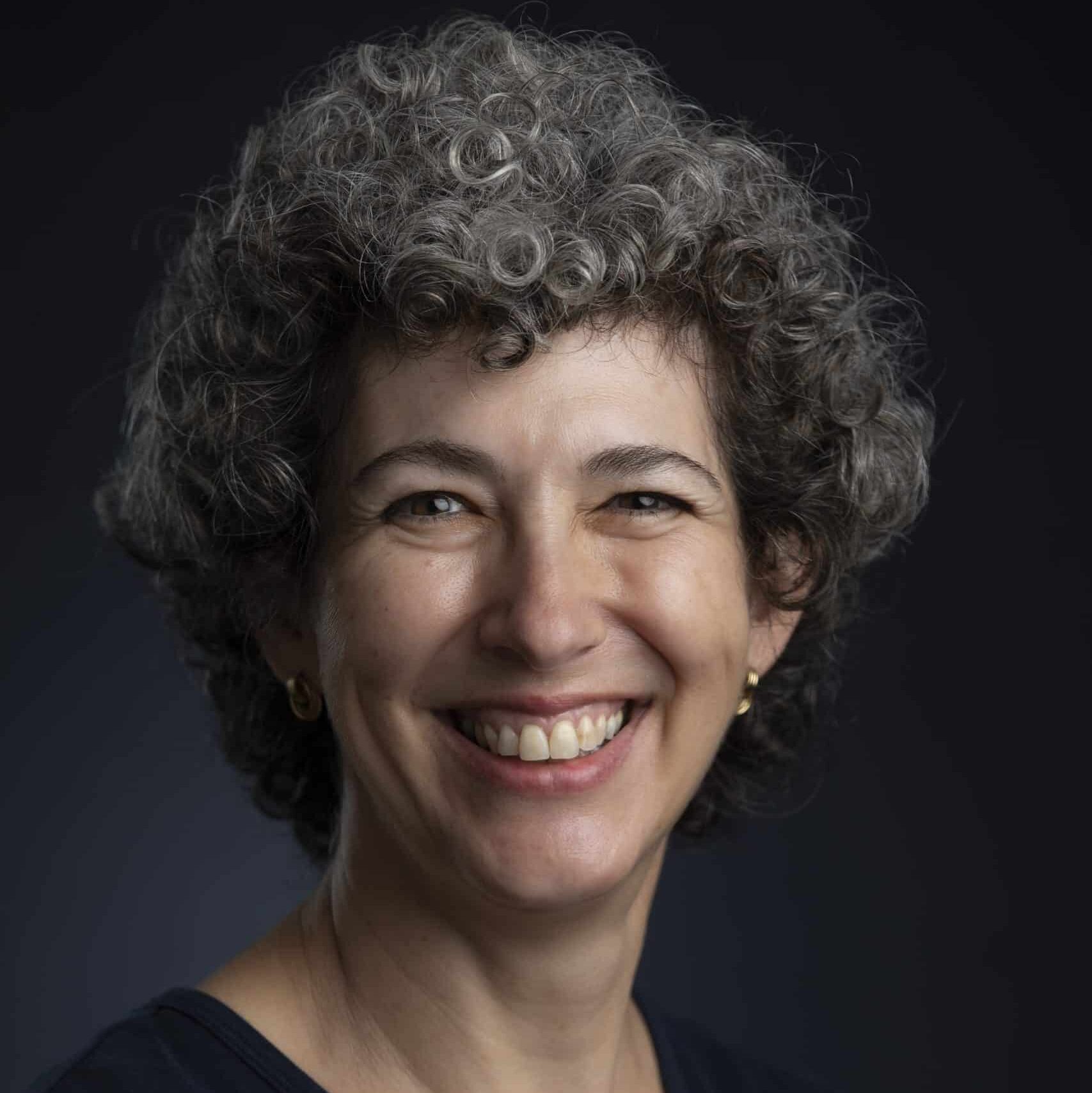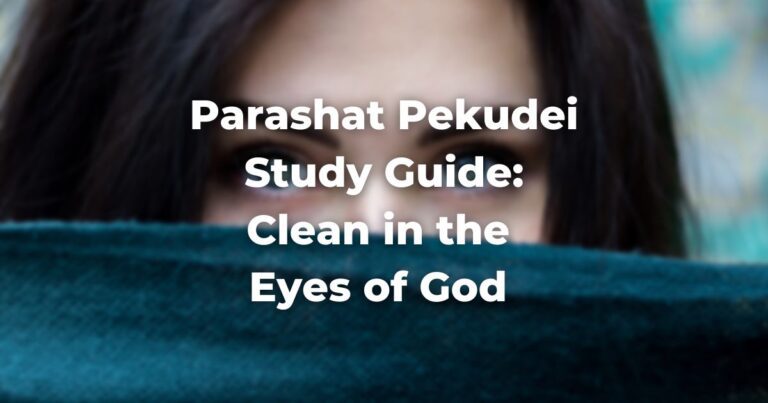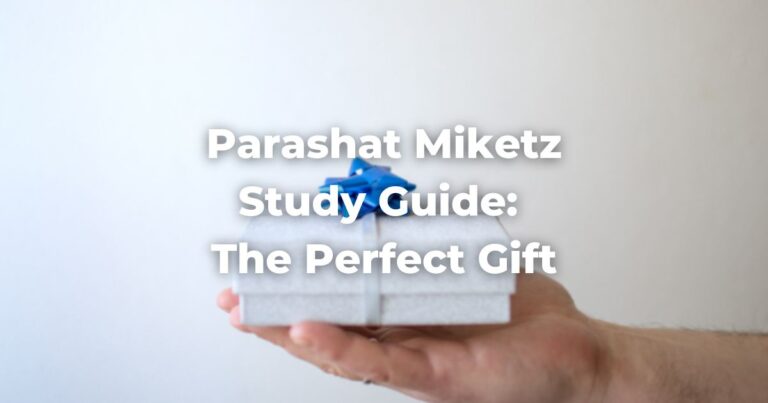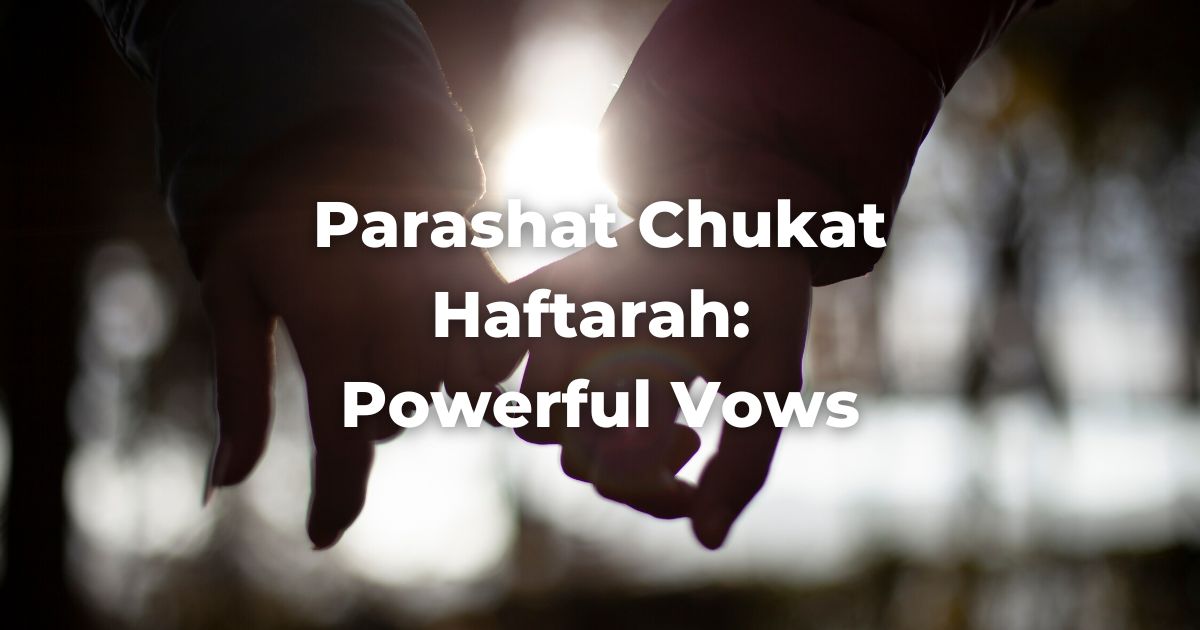This parashah is one of the concentrations of mitzvot (50+) found in the TorahRefers to the first five books of the Hebrew Bible, the Tanakh, also called the Five Books of Moses, Pentateuch or the Hebrew equivalent, Humash. This is also called the Written Torah. The term may also refer to teachings that expound on Jewish tradition. Read more.
Text: Vayikra 19:1-2
1 And the Lord spoke to Moshe, saying, 2 “Speak to all the congregation of the children of Israel, and say to them: ‘You shall be holy/consecrated, for I the Lord your God am holy.'”
- Moshe is instructed to speak this parashah to the entire congregation. Why do you think that this parashah should be addressed to all the people?
- How can a person be holy/consecrated? What is the reason given for the instruction to be holy? How does that impact your understanding of what might be expected?
- Is this a mitzvah for the community or an individual? How might this look in practice in both situations?
- Should verse 2 be counted as a mitzvah? How does it relate to the more than 50 mitzvot that follow?
Commentary: Rashi on Vayikra 19:2
Speak to all the congregation of the children of Israel—This teaches that this section was proclaimed in full assembly because most of the fundamental teachings of the Torah are dependent on it.
- According to Rashi, why was this parashah told to the entire congregation? How would the experience differ when hearing it from Moshe versus hearing it from a leader that learned it from Moshe?
Commentary: Rashbam on Vayikra 19:2
You shall be holy—because He gave many mitzvot [in the following verses:] they were exhorted to make themselves holy and observe them.
- According to Rashbam, what is the relationship of this pasuk to what follows?
- Is this pasuk a mitzvah?
Commentary: Ramban on Vayikra 19:2
…The meaning thereof is as follows: The Torah has admonished us against immorality and forbidden foods but permitted sexual intercourse between man and his wife, and the eating of [certain] meat and wine. If so, a man of desire could consider this to be a permission to be passionately addicted to sexual intercourse with his wife or many wives, and be among winebibbers, among gluttonous eaters of meat, and speak freely all profanities, since this prohibition has not been [expressly] mentioned in the Torah, and thus he will become an ignoble person within the permissible realm of the Torah! Therefore, after having listed the matters which He prohibited altogether, Scripture followed them up with a general command that we practice moderation even in matters which are permitted…
- According to Ramban, what does the mitzvah of “you shall be holy” ask us to do?
- Why has the Torah not specified prohibitions regarding the aspects of life that Ramban gives as examples of falling under “you shall be holy?” What life situations might you add as being restricted by “you shall be holy”?
See more: Parashat Kedoshim
Originally posted as part of the Conservative Yeshiva at the Fuchsberg Jerusalem Center’s Torah Sparks. Support Torah learning from the Fuchsberg Jerusalem Center/Conservative Yeshiva for leaders and seekers around the world here.
Authors
-

Vered Hollander-Goldfarb teaches Tanach and Medieval Commentators at the Conservative Yeshiva and is a regular contributor to Torah Sparks, FJC’s weekly message on the weekly Torah portion. She received her M.A. in Judaic Studies and Tanach from the Bernard Revel Graduate School of Yeshiva University and studied at Bar-Ilan University and the Jewish Theological Seminary. Before making aliyah, Vered taught at Ramaz School and Stern College in New York.
View all posts -



The Fuchsberg Jerusalem Center (FJC) is a home in the heart of Jerusalem where leaders and seekers can find an authentic place in Jewish tradition to call their own. FJC offers opportunities to study, pray and explore within an egalitarian and inclusive setting, creating multiple pathways for finding personal and communal meaning.
View all posts

